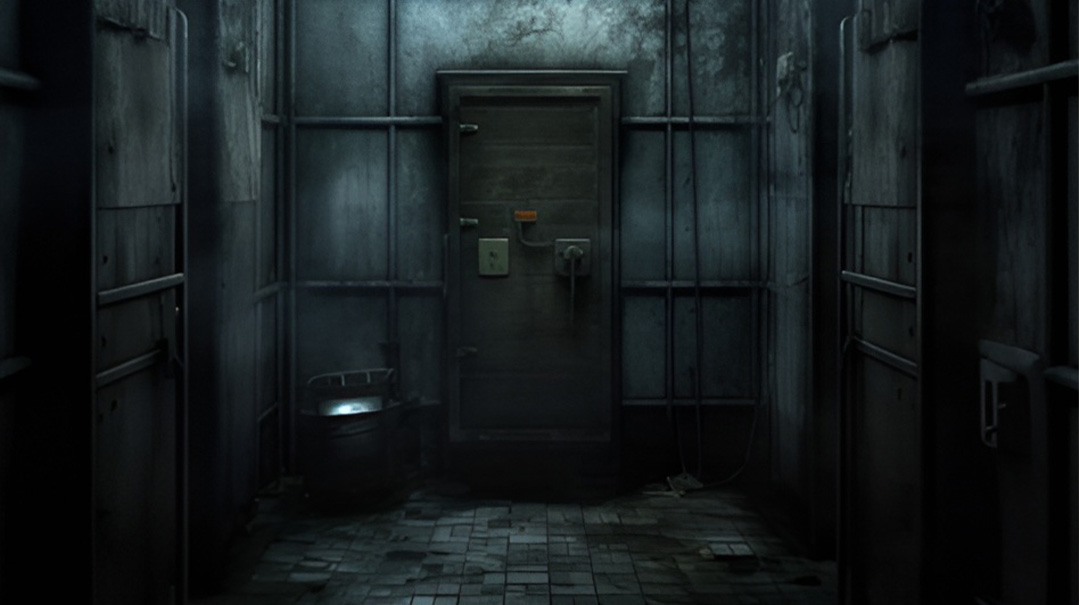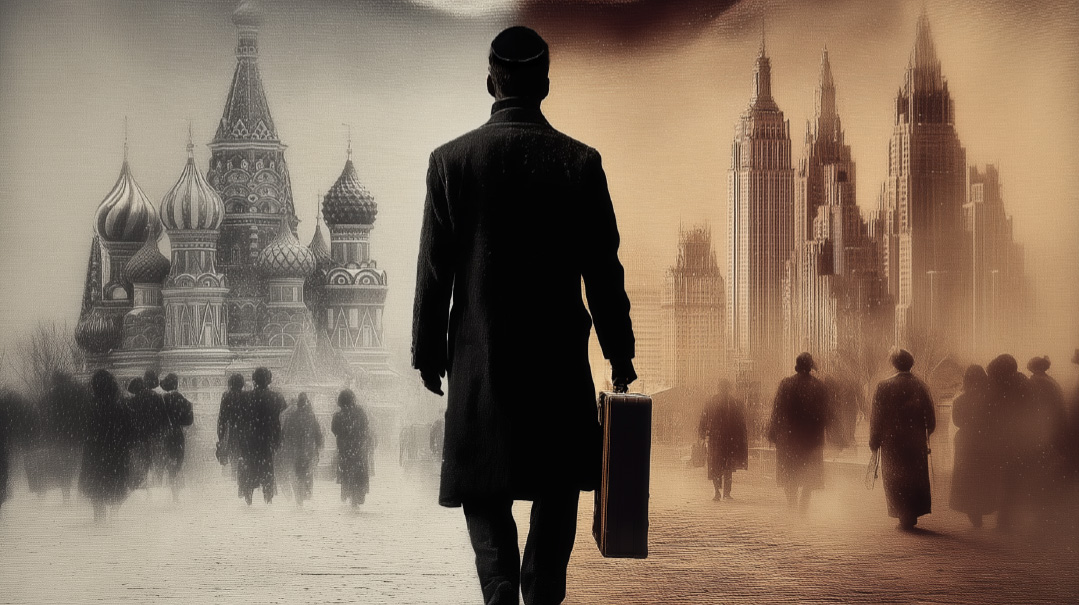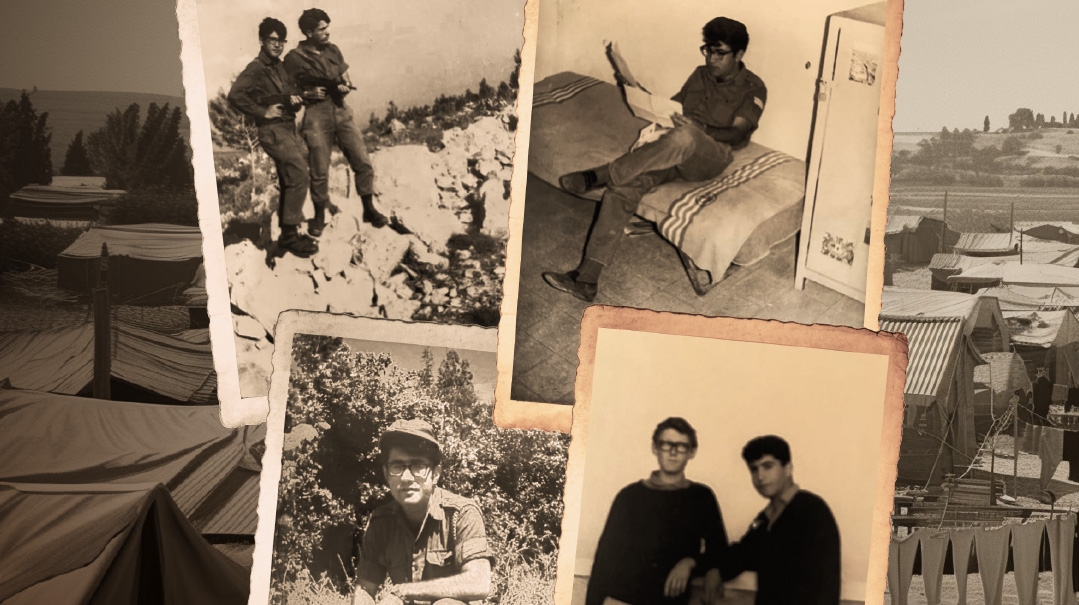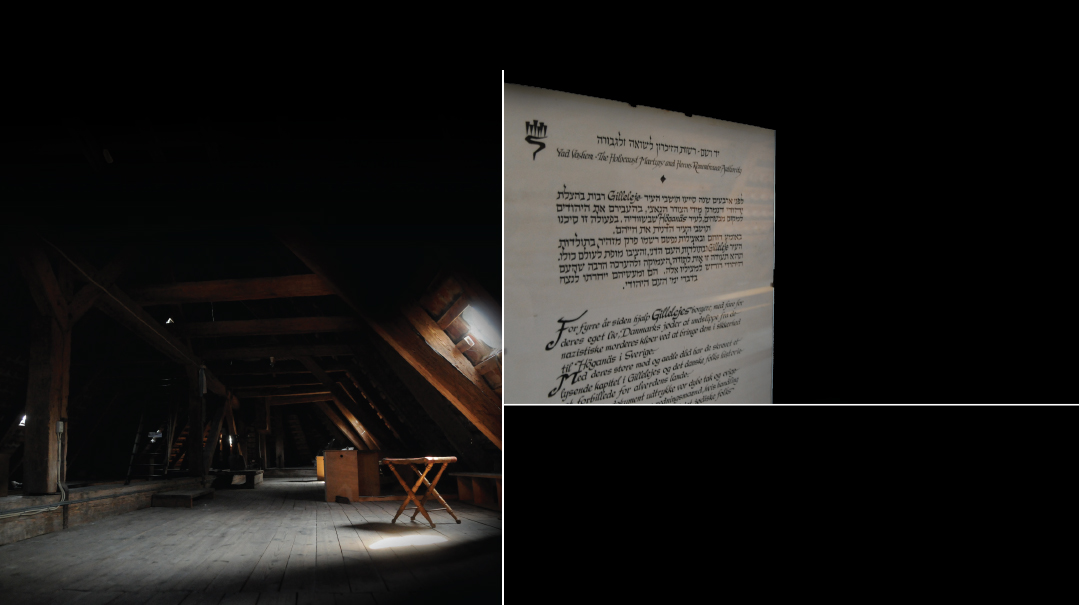A Yid Never Despairs
| May 23, 2023A Yid can never give up. Strengthen yourself and go on

IT was a story he told us again and again, an encounter from the darkest of days that lit up his life decades later.
When the Nazis came to Krakow, Zeidy, an agile, quick-thinking 24-year-old, started to run.
He never stopped.
He moved further and further east, tenaciously trying to outrun the German beast.
Eventually, he and a friend joined a band of partisans hiding in the woods. They survived on whatever food they could forage and did all they could to sabotage the Nazi war effort.
At one point, they joined forces with the Russians. Zeidy was tasked with the mission to bring confidential documents to an army headquarters in another town.
He hid the documents in the shell of his canteen. Then, carefully, stealthily, he made his way through the countryside.
In one village, disaster struck. Russian soldiers found him and, in devastating irony, suspected that he was spying for the Nazis.
He told them he was Jewish.
They called in another Jew to test him.
“What’s the first thing a Jew says in the morning?” the man asked.
Zeidy smiled. “You just want Modeh Ani? I can tell you Shacharis, Minchah, and Maariv be’al peh.”
But it wasn’t enough to quell the suspicions against him.
Zeidy told them he was on a mission for the Russians themselves. They demanded he show them the secret documents, but he was under strict orders to reveal them to no one outside of headquarters.
One soldier made a threatening motion to another, and Zeidy feared this was sign language for “kill him.” He showed them the documents.
When they saw the hiding place, they smiled.
“A Jewish head,” they said. But they still weren’t satisfied.
They threw him into a dank prison. It was crammed with anti-Semitic thugs.
After years of relentlessly fighting for survival, of moving forward with steely determination, something broke. He was trying to fight the devil, but had been thwarted. He was incarcerated with dangerous criminals.
“At that moment,” he’d tell us, “I was filled with yeiush. I felt forsaken.”
Eventually, he fell asleep in the prison cell.
He’d pause at this point in the story, lost in memories. And tough Zeidy’s eyes would fill with tears.
“I had a dream,” he’d say. “And in my dream, the Rebbe appeared.
“He patted my shoulder and said, ‘Srulik, a Yid tur nisht meya’eish zein. M’darf mechazeik zein, in gei veiter. A Yid can never give up. Strengthen yourself and go on.’ ”
He was startled awake.
Same dank prison. Same precarious situation. But everything had changed.
His rebbe, the heilige Imrei Emes, was looking after him. Hashem was at his side. He was not, would never be, forsaken.
Zeidy went veiter. He survived the war, came to the States, built a new life for himself, and established generations of shomrei Torah u’mitzvos.
It’s been 19 years since Zeidy was here to tell us that story. But on Shavuos, the yahrtzeit of the Imrei Emes, I think of it.
So often, tales of salvation are about times when someone is miraculously dispatched to save our bodies. Here, Hashem sent my grandfather a messenger to save his spirit, to provide chizuk when he needed it most.
Generations later, that thought continues to bring comfort.
(Originally featured in Mishpacha, Issue 962)
Oops! We could not locate your form.







